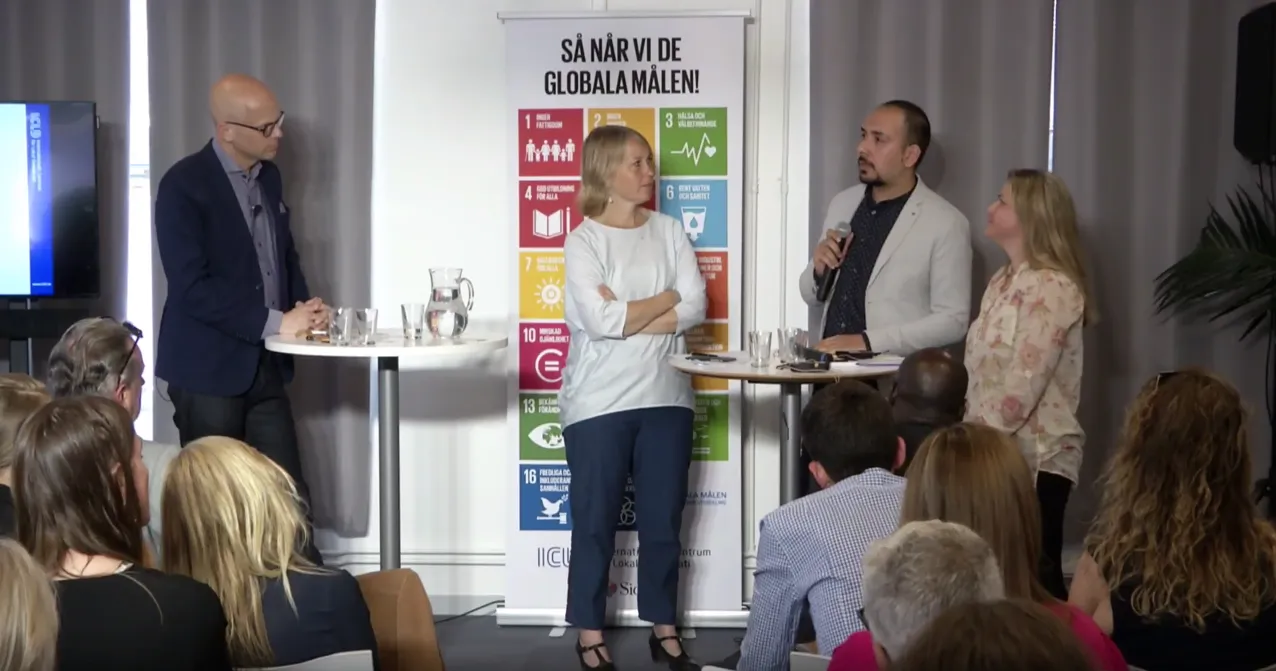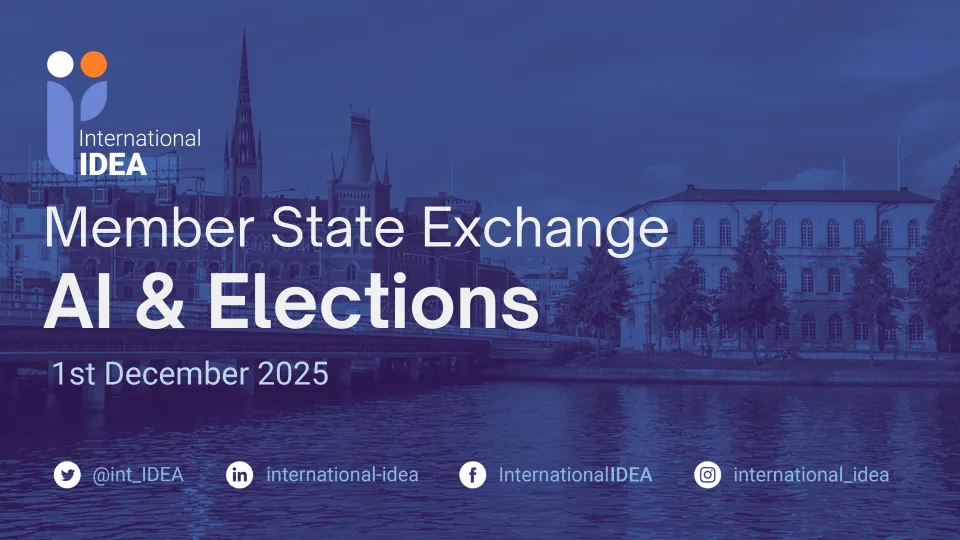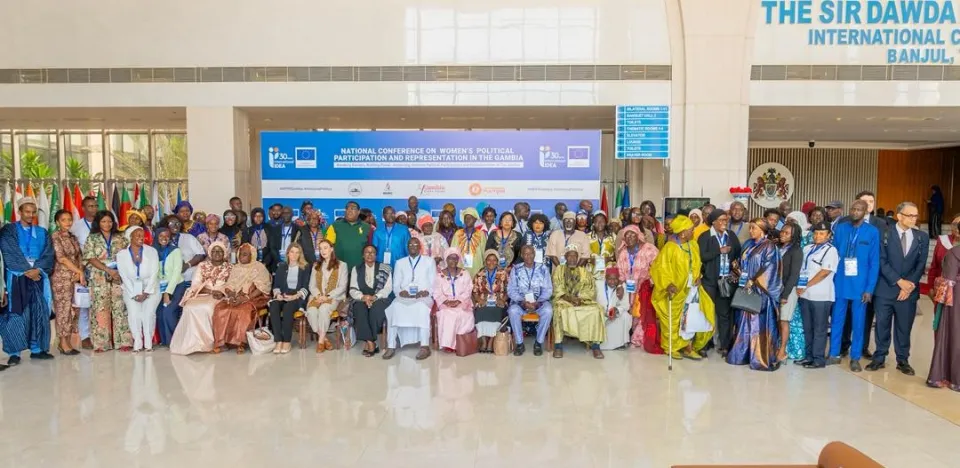Tackling migration on the local level: Inclusion of refugees in cities

The challenge of migration to democracy
Migration poses fundamental challenges to democracies. Large migration flows strain democratic institutions’ capacity to effectively integrate migrants into society, and call into question the extent to which governments should enable migrants’ political participation and integration. Migration affects governments’ ability to deliver public services. Public debate and concerns about migration, including whether multiculturalism ‘works’, showcase the polarization of societies and policymakers’ dilemmas in the search for adequate responses.
Since the start of the Syrian conflict in 2011, there have been more refugees than at any time since World War II, tragically highlighted by the high number of people risking and losing their lives. In 2016, more than 5,000 persons died crossing the Mediterranean Sea, the highest annual total ever reported (UNHCR 2016).
While migration policy and legislation is made on national level, cities and municipalities play a crucial role in providing basic services and housing to refugees and in facilitating their integration in host societies. National refugee policies and laws impact on the capacity of local communities to integrate refugees. Political integration and the cultivation of a tolerant, conducive environment that fosters inclusion is a key challenge governments face, which impact on the quality of their democracies.
Inclusive cities for refugees – Almedalen 2017
During a panel discussion and workshop on 5 July organised by the Swedish International Centre for Local Democracy (ICLD) in Almedalen, International IDEA represented by Nathalie Ebead, Head of Democracy Assessment, Analysis and Advisory programme, discussed 10 ways to create a more inclusive city for refugees’ and how to overcome barriers to refugee political participation. Existing challenges for refugees and innovative solutions focused on fostering their integration from Sweden, Kenya and Uganda were highlighted. These included the challenge of providing camp based refugees in Kenya and Uganda with livelihoods and input to decision-making processes that affect their lives. In Swedish municipalities, which host an increasing number of refugees, the challenge lies in creating and maintaining a welcoming culture on the part of the host community and ensuring that local communities have the capacity to integrate refugees.
Innovative solutions to refugee inclusion on the local level included proposals to foster a welcoming culture in local communities by bringing refugees and natives together in a variety of common spaces such as schools, sports clubs, kindergartens, workplaces to increase mutual understanding and tolerance. Language barriers can be overcome through language courses as soon as refugees arrive and information on the host country and its regulations can help refugees understand their rights and obligations and foster a sense of belonging. Easing refugee access to the labour markets and providing vocational training can help refugees ‘stand on their own feet’ as soon as possible. A prerequisite for this is that qualifications and skills sets are recognised by companies and public institutions. The entrepreneurial spirit of refugees can be supported through public-private partnerships and in the case of refugee camps through cooperation between NGOs, international organisations and the government. The vulnerability of and trauma experienced by refugees needs to be considered, particularly in relation to providing health services.
On the international and national level, countries must commit to burden sharing in relation to the distribution of refugees, particularly within the EU based on international legal obligations. Governments can enable political inclusion and empower refugees to take part in decision-making through consultative bodies or by granting voting rights to refugees on local level. The best basis for refugee political participation remains the acquisition of citizenship. Governments can work to reduce the conditions and criteria for citizenship attainment, particularly in relation to long residence requirements.
Panelists included Ulrika Modeer, Swedish State Secretary to the Minister of International Development Cooperation and Climate, Joseph Ssenyonga, City Council Member, Makindye Division, Kampala Uganda, Susanne Hedlund, Coordinator Refugee Inclusion, Botkyrka Municipality Sweden, Mohammed Al Saud, co-founder of The Young Republic, Mark Ewesit, Chief Officer Ministry of Land and Urban Planning, Turkana County, Kenya.
Watch the video of the panel discussion
International IDEA’s work on migration and refugees
In November 2017, International IDEA will publish the first edition of the Global State of Democracy publication, which includes an analysis of the challenge and impact of migration on democracy and the enabling conditions under which countries can tackle migration to foster resilient democracies. In 2018, in the framework of a project funded by the Bosch Foundation, International IDEA will also publish a report focused specifically on ‘Refugees and Democracy’, which aims to generate comparative knowledge on refugees and asylum seekers ability to participate in political life through formal and informal means. Through this project, policymakers, including political parties, legislators, and organizations of refugees and asylum seekers, will be provided with relevant country examples and policy recommendations for the effective inclusion of refugees and asylum seekers in civic and political life.



